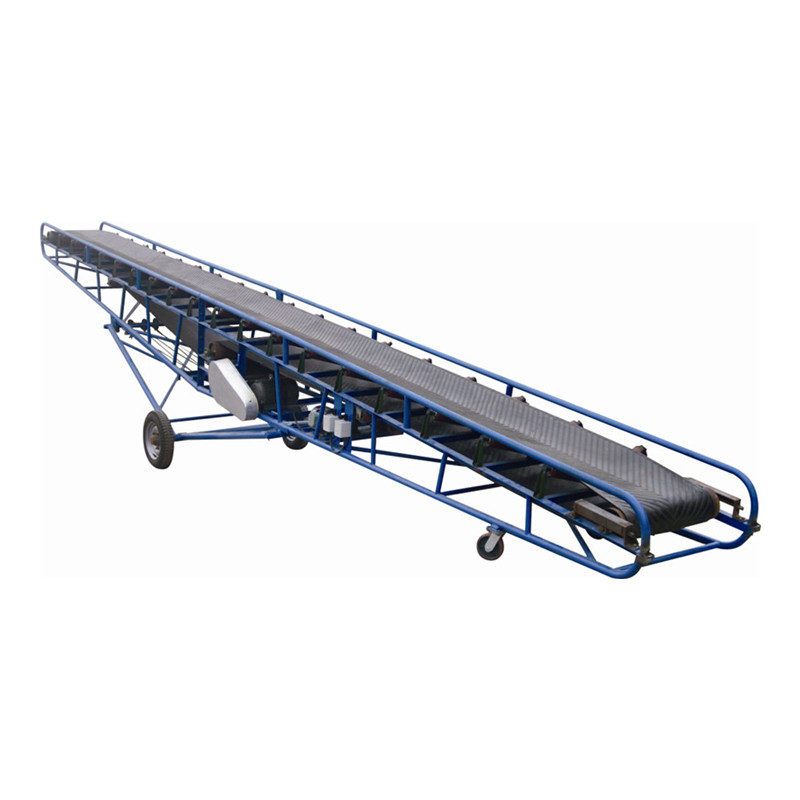1, pig:
(1) Vc: In the hot summer, one week before the pregnant sow is pregnant, adding 1 gram of Vc to each pig in its diet can reduce the umbilical cord hemorrhage of newborn pigs, significantly improve the survival rate of piglets, and reduce mortality.
(2) Sodium bicarbonate: It can increase the appetite, strengthen digestion, and regulate the acid-base balance in pigs. Postpartum lactating sows added 2% sodium bicarbonate to the diet to enhance the sow’s constitution and improve the survival rate of piglets by 5%.
(3) Chlorpromazine: It inhibits the hypothalamic thermoregulatory center and reduces the body temperature in pigs. Adding 3 mg/kg body weight of chlorpromazine to piglet diets during the high-temperature (40°C) and high-humidity (above 54%) wet season in piglet mortality can reduce piglet heat stress mortality by 50%.
2, layer chicken:
(1) Honey: In the high temperature season above 35°C, 2 grams of honey is used per hen per layer of chicken, which is dissolved in clear water for drinking, which can relieve heat stress and reduce mortality by 2.9%.
(2) Reserpine: In high-temperature summer, 1.6 milligrams of reserpine per kilogram feed can increase the heat resistance and reduce the death rate from heat stress; it can increase the growth rate and prevent weight loss; Egg rate does not fall.
3, broiler chicken:
(1) Vc: Adding 0.02% Vc to the diet of broilers at high temperatures during the summer can reduce the secretion of adrenal steroids and reduce the mortality caused by heat stress from 22% to 7.3%.
(2) VE: In high summer temperatures, adding 300 mg/kg dietary VE to broiler diets can increase resistance to heat stress, increase survival, and reduce mortality by 55%–74%.
(3) Ammonium chloride: Respiratory alkalosis occurs in broilers during the summer heat stress period. Adding 1% to its diet or 0.2% ammonium chloride in its drinking water during this period will fight heat stress, relieve alkalosis, increase survival, reduce mortality, and increase weight gain by 23%.
(4) Bacitracin zinc: In the high temperature season above 34°C, 50 mg/kg feed bacitracin zinc was added to the diet of broilers to fight heat stress, reduce body temperature by 9.3%, and increase feed conversion ratio 6.1 %, reduce non-specific mortality 15.9%.
(5) Flavomycin: In high temperature season, adding 50 mg/kg feed flavomycin to broiler diets can fight heat stress, reduce mortality and increase survival rate by 3.5%.
(6)Fedicinomycin: In high summer temperatures, the addition of 20mg/kg dietary ficincomycin to broiler diets can relieve heat stress and reduce mortality by 6.2%.
Belt Conveyor
Application:
This Belt Conveyer is used for horizontal or inclined conveying the materials , such as wheat , corn and Other most kinds of seeds and bulk materials and granules to the seed processing lines or granary , storage bins.
Features:
ï¬ Inclining Belt Conveyor is used for continuous transfer bettwen floor and high space.
ï¬ It has advantages for long distance conveying.
ï¬ In terms of controlling angle, the drive motor has braking function in order to prevent the goods from falling down due to the gravity.
Mobile type you can move it to any place according to your machine place. We can provide fixed type or mobile type for different clients. We will make the lifting height and length for requirement of clients.

Belt Conveyor
Belt Conveyor,Grain Conveyor,Grain Belt Conveyors,Grain Conveyor Machine
SHIJIAZHUANG SYNMEC INTERNATIONAL TRADING LIMITED , https://www.seedgraincleaner.com